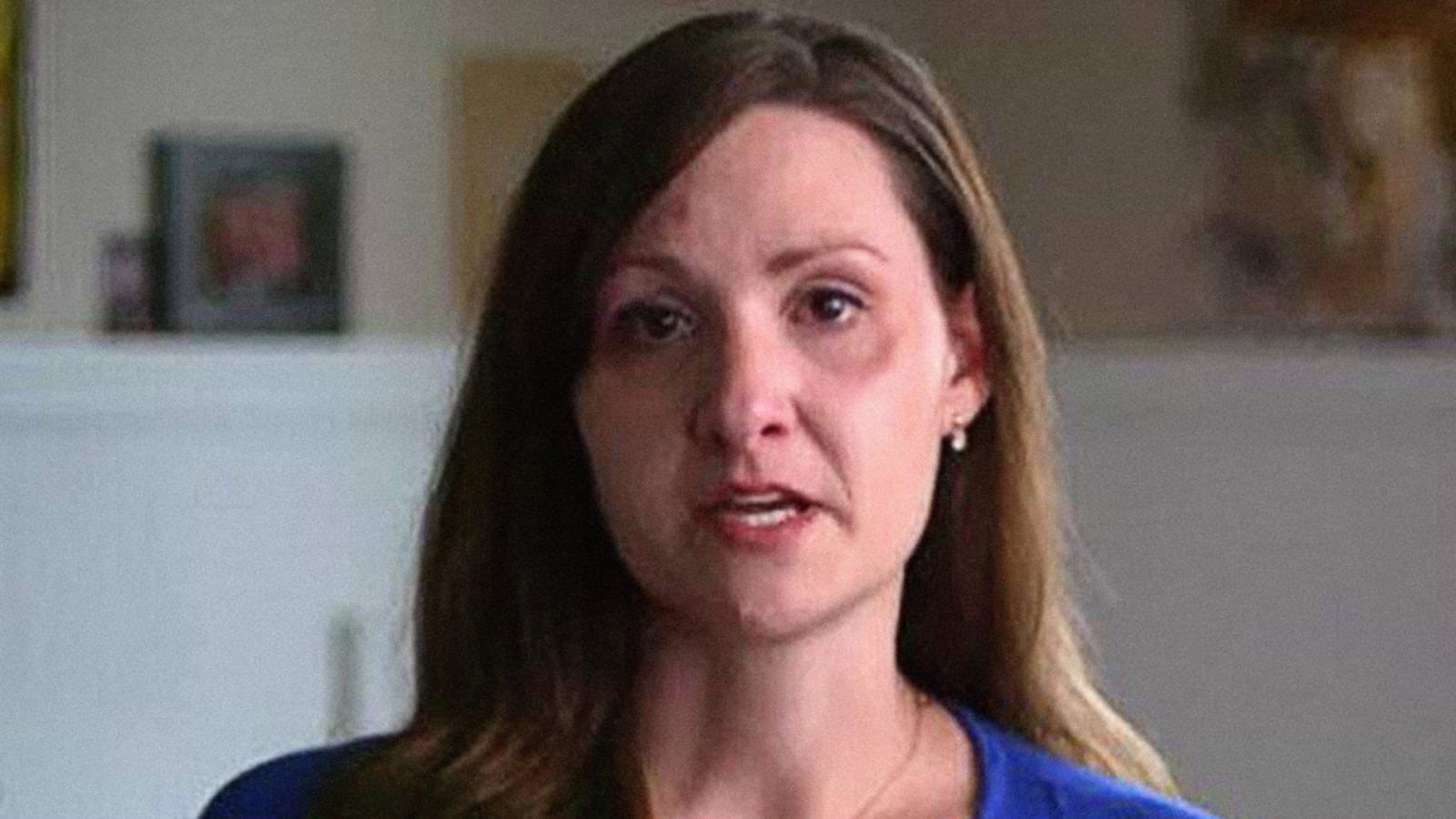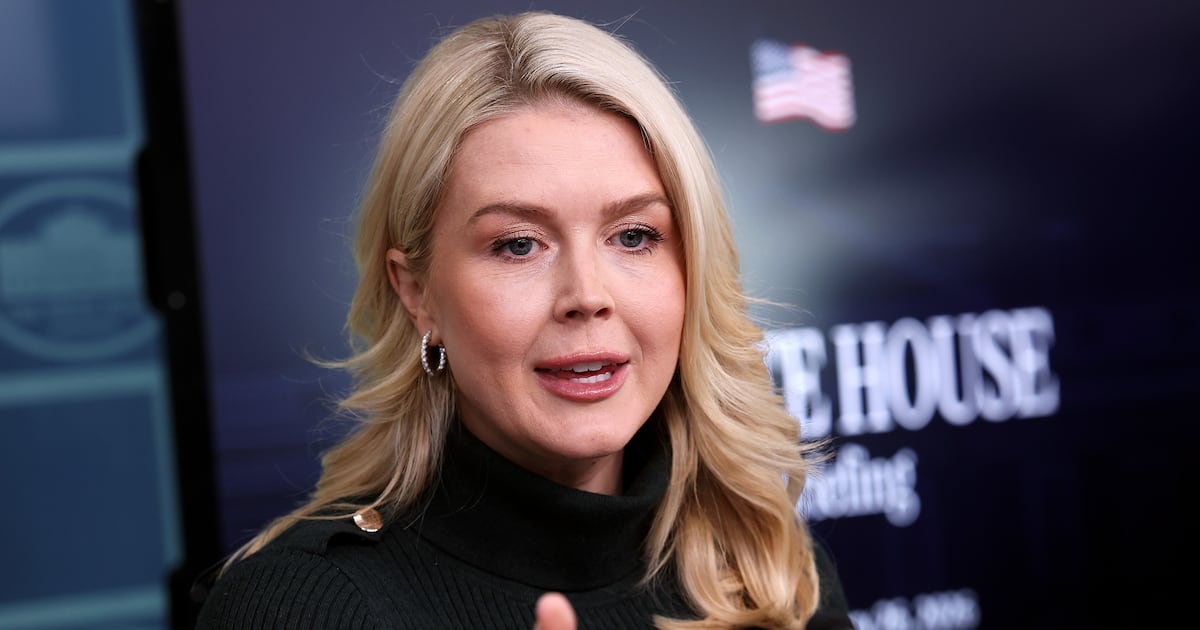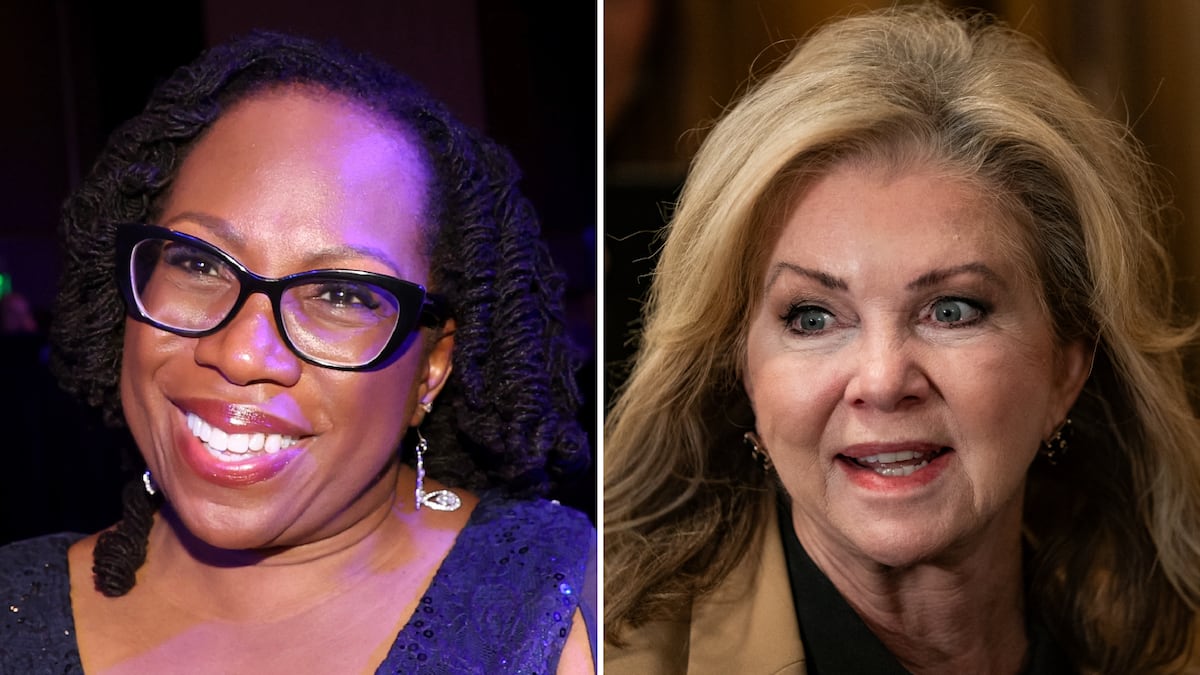On April 1, 2014, a high-ranking member of the Jehovah’s Witnesses named Richard Ashe was answering deposition questions about cases of child sexual abuse when he made a rare, perhaps unintentional, admission: somewhere in their organization, a group comprising nearly 11,000 congregations in the U.S. alone, exists an archive of documents detailing the names and locations of every known child abuser within their American membership.
The deposition, footage of which appears in The Witnesses, a two-part Oxygen documentary compiling five years of reporting from the Center for Investigative Reporting’s Trey Bundy and which debuts Feb. 7 and 8, marked the first public evidence that such a database existed. But it was not the last. Over the following year, internal documents obtained by Bundy would show that since 1997, the Watchtower Bible and Tract Society, the faith’s nonprofit oversight arm, had been collecting extremely precise data from its American congregations about child sexual abuse with a form that amounted to something like a 12-question survey. Elders, or overseers who report to the faith’s governing body, were asked to detail the type and frequency of abuse, the personal information of the perpetrator, how both victim and accused were perceived within the congregation, if either had “lived down any notoriety in the community,” and how many people knew about what took place. They were told not to report the incidents to law enforcement or their congregations, but rather to mail a copy to the Watchtower in a “Special Blue envelope” and keep another in their files. The reports were marked “Do Not Destroy.”
All told, it was not entirely unusual that the Jehovah’s Witnesses would keep documents of this kind. Of all insular religions, the Witnesses, known for their abundant pamphlets and door-knocking missionaries, are unique in their dedication to thorough record-keeping. Congregations keep running tabs on every aspect of their members’ lives, clocking the volume of literature they pass out and hours they spend preaching like time cards. Their records on door-to-door outreach approximates an extreme grass-roots political campaign—noting the names, addresses, religious beliefs, and family circumstances of their intended audience so aggressively that the European Union Court of Justice sanctioned the group in 2018, ruling that they had to comply with data privacy laws and obtain consent before gathering data.
“The organization keeps meticulous records on its members to an extent that doesn’t happen in other organizations,” Bundy said in an interview with The Daily Beast. “If you go knocking on doors and handing out bible literature, they’re keeping track of how many hours you do that. If you get caught smoking a cigarette and you have to sit in a judicial committee with Elders to talk about it, they’re taking notes. That information is kept. What you do wrong, what you do right—all of that is tracked and archived by the organization.”
But the Witnesses’ archival practices can compromise some of their other core values: namely, privacy. The organization, which emerged in the late 19th century out of a fear that the end times would arrive in 1914 and has held to the notion that Armageddon lies just around the corner, believes that the secular world has fallen away from God. “Their doctrine is premised on the belief that the outside world has been contaminated by Satan,” said Irwin Zalkin, the nation’s leading attorney in Jehovah’s Witness sexual abuse cases, who conducted the deposition with Ashe. “They have no compunction about lying to us, who live in what they call ‘Caesar’s World,’ [as opposed to God’s]. They believe in this doctrine that says it’s OK to lie to us to the worldly people, because they’re a protected faith.” Some Witnesses call the doctrine which permits deceiving secular outsiders “theocratic warfare.”
In several instances outlined in memos reviewed by Bundy, Watchtower officials explicitly instructed Elders to keep reports of sexual abuse confidential going back as far as 1989. In that first memo, one member cautions Elders against “divulg[ing] information about personal matters to unauthorized persons,” explains how to keep law enforcement from searching their facilities, and forbids members from cooperating with authorities without permission from the Governing Body. A 1997 memo insists that no information about data collection be shared with congregation members or police. And as recently as 2014, another letter outlined how internal judicial committees handle wrongdoing “(e.g., murder, rape, child abuse, fraud, theft, assault),” while emphasizing that “strict confidentiality must be maintained to avoid unnecessary entanglement with secular authorities.”
How those dual impulses to archive and cover up poses problems both for Witnesses and for outside authorities is perhaps best exemplified in the case of an abuse victim named Sarah Brooks. Brooks, who spoke to The Daily Beast by phone, grew up in Pennsylvania in a third-generation Witness family. In her early teens, Brooks wanted to save up for a car, and got a job working with a home renovator named Joshua Caldwell, another member of their congregation, the Yorkana Kingdom Hall. Because Witnesses don’t allow men and women to go out alone together, they often worked with a chaperone, a young woman slightly older than Brooks named Jennifer McVey. McVey happened to be married to Brooks’ older brother, but after a short time working together, Brooks noticed her boss and chaperone seemed flirtatious. And not long after that, things took a turn.
“It started with kissing games,” Brooks said. “Josh would play what he called the ‘red light, green light’ game. At every stoplight, he would slow down and I would have to kiss Jennifer. Then, one time, he said ‘What if we tried a three-way kiss?’ I just remember him grabbing my head and jamming it into their faces. He turned to me and said, ‘You had your first kiss. How did it feel?’ I was so angry. I’d grown up watching fairy tales, and this wasn’t like that.” Other times, Brooks said, Caldwell would park the car under an overpass, recline the seats, and molest her. Eventually, while working in a blue trailer with black shutters, Brooks walked in on Caldwell and McVey kissing. They began kissing her and taking off her clothes. When she got home that night, her underwear was filled with blood. “That’s where I feel I was raped for the first time,” Brooks said.
The abuse continued for several months, until an outbreak of mono took Brooks and several other members of the congregation out of commission. “I never really knew why [the abuse] ended,” Brooks said. “But people kept calling [mono] ‘the kissing disease,’ and I think they didn’t want to catch it and get caught. I milked it for like a month. And they never came back again.”
When Brooks told her parents, they told the Elders—Caldwell’s mother- and father-in-law. They turned the case over to a three-man judicial committee, who interviewed Brooks and Caldwell, asking intimate personal questions and taking extensive, handwritten notes. Brooks wouldn’t leave the congregation for years. But when she did, she knew she had a legal advantage: everything she had said, everything Caldwell had said, everything the committee had decided had been archived to the letter in a confidential filing cabinet in her Kingdom Hall. “When I prosecuted my abusers, I was 26. I found my way there through a counseling service,” Brooks said. “When I went in there, they asked ‘How do you have proof of this?’ And I said ‘It’s very simple. Everything is documented. You just have to go to the Kingdom Hall and get our files and it says everything that happened.’”
The police obtained the file, but the legal case didn’t click. Brooks’ attorney cut Caldwell a generous plea deal. “It wasn’t until after they had taken a plea bargain that I was able to see the file,” Brooks said. “It was just two or three sentences saying, there was some touching, some groping. It specifically said ‘over the clothing’ and that it only happened once. That was the moment when I realized they lied.” Years later, a former Elder named Martin Haugh, who had overseen part of her case, explained where all those notes went. After Brooks first went to the police, the Elders’ coordinator had called an emergency meeting. “The top elder said, ‘We bought a shredder,’” Haugh later told Bundy. “Headquarters had said to shred our personal notes.” Then they destroyed Brooks’ file.
Brooks’ story isn’t the only time Witnesses have been caught destroying their records. A leaked 2012 memo instructed all Elders to remove all letters “regarding child abuse” from the “congregation permanent file of policy letters and be destroyed. No one should keep originals or copies of any of those letters”. It’s unclear how many others, including those in the child abuse database, have met similar ends. The organization may well have a lot to hide—a similar archive in Australia, once seized by the government in 2016, revealed more than 1,000 Jehovah’s Witnesses credibly accused of child sexual abuse. But the maintenance and protection of those records will determine whether the extent of abuse within the organization ever sees the light of day.
Zalkin, the attorney behind most of the recent surge in civil cases against the organization, has filed three times in separate cases for the organization to turn over the database. Twice, the Witnesses refused, landing themselves with sanctions from the court; the third time, their document was so heavily redacted it couldn’t be read. To this date, the database has not been released.
“When an organization is more concerned about its reputation and staving off scandal than for concern for children, then that’s a recipe for rampant sexual abuse,” Zalkin said. “We find that to be the common denominator—that’s true of clergy abuse or boy scout abuse or school abuse. When they’re that concerned with the idea of reporting scandal, that’s when they get themselves in trouble.”






